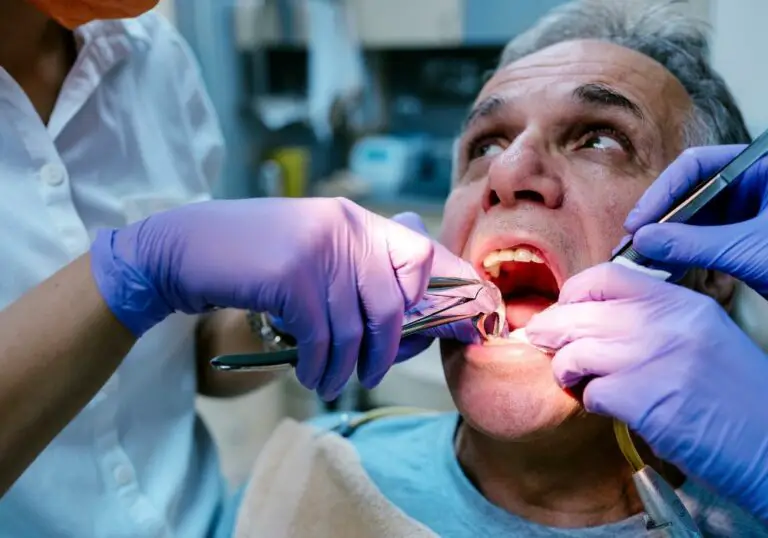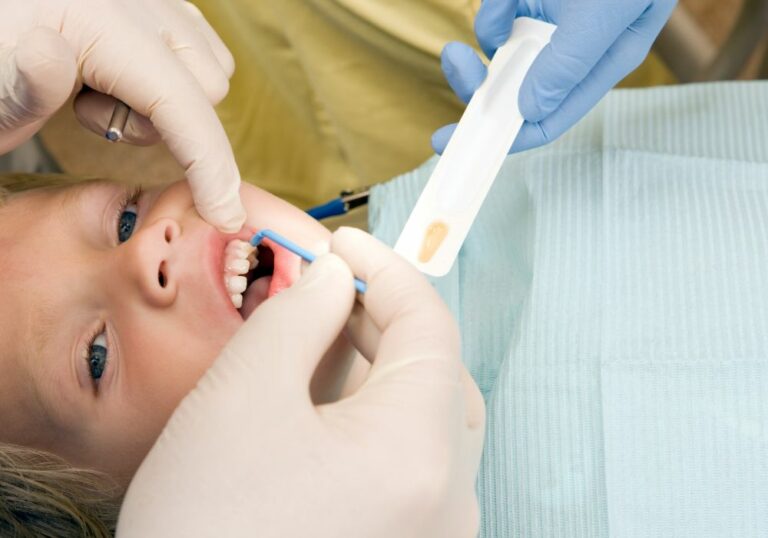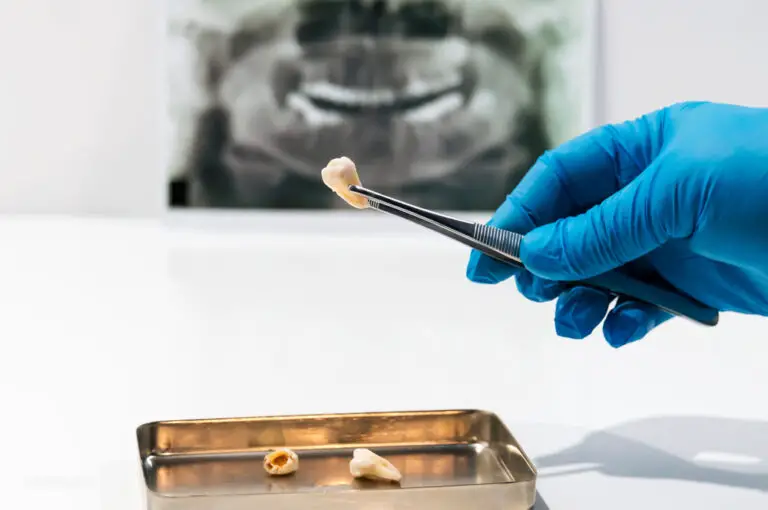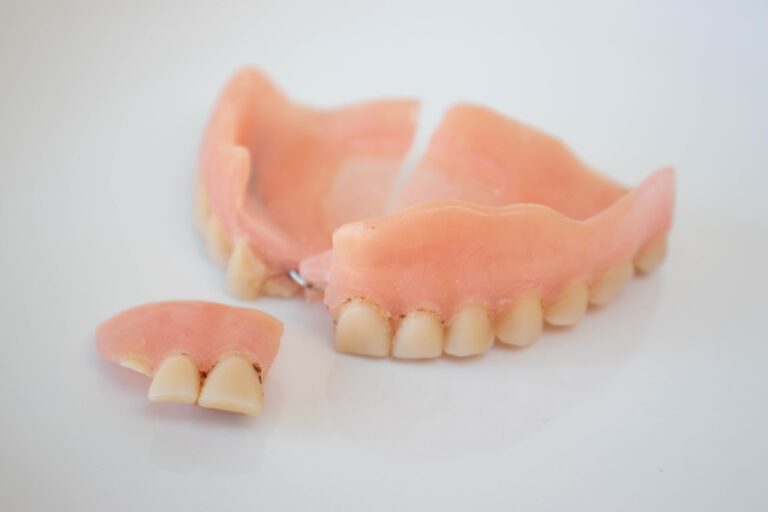Smoking can cause significant damage to your oral health. Tobacco smoke is filled with toxins that can stain and discolor your teeth, promote gum disease, and increase your risk for oral cancer. Fortunately, there are steps you can take to minimize the impact of smoking on your teeth and gums.
Why Smoking Harms Your Teeth
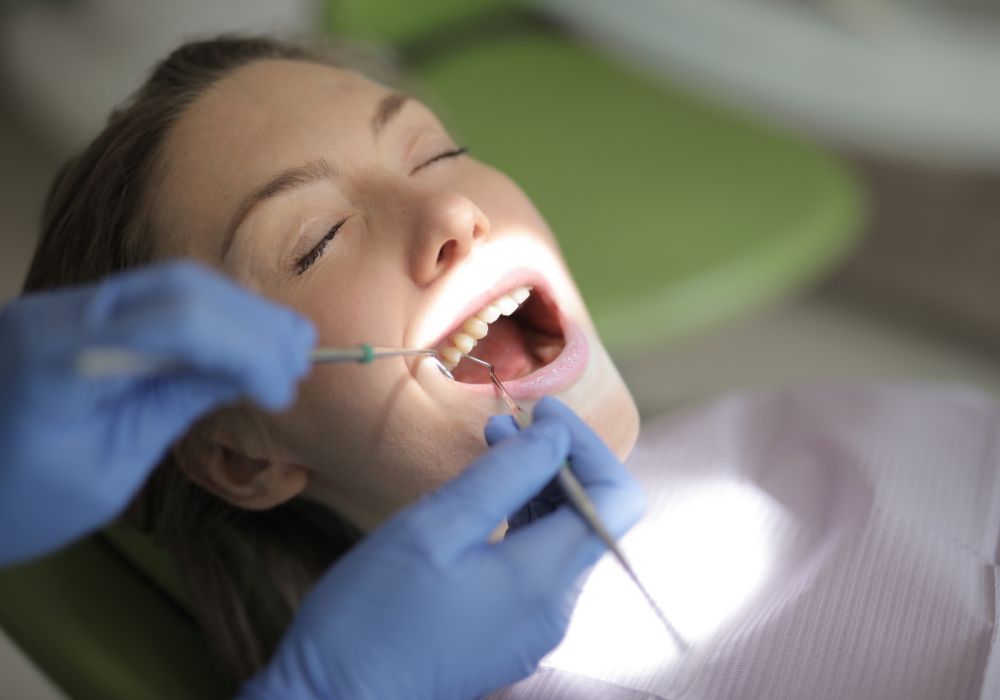
Smoking impacts your oral health in several ways:
Tobacco Stains Teeth
Tobacco smoke contains tar and nicotine, which can become embedded in the grooves and pits of your tooth enamel. This causes yellow or brown stains that darken over time with continued smoking. The stains can be difficult to remove through brushing alone.
Smoking Causes Bad Breath
The chemicals in tobacco smoke cause unpleasant odors in your mouth. Smokers are more prone to chronic halitosis, or bad breath. The tar and nicotine coats your teeth, gums, and tongue which leads to increased bacteria buildup that causes foul-smelling breath.
It Dries Out Your Mouth
Smoking can dry out your mouth by reducing saliva flow. Saliva helps wash away food particles and neutralize acids produced by oral bacteria. With less saliva, your mouth becomes less able to clear away bacteria and you’re more susceptible to cavities and gum disease.
Smoking Weakens Your Immune System
The chemicals in cigarette smoke impair your immune cells. This makes it harder for your body to fight off infections. Your gums are at increased risk of periodontal disease since your mouth’s defenses are weakened by smoking.
It Damages Your Gums
The heat and chemicals from smoking constrict your blood vessels, reducing blood flow to your gums. Gum tissues need adequate blood supply to stay healthy. Smoking-related vasoconstriction can accelerate gum recession and increase your risk of periodontal disease.
It Slows Healing After Dental Procedures
Smoking impairs circulation and the delivery of nutrients and oxygen to your oral tissues. This can delay healing and increase complications after oral surgery, root canals, tooth extractions, and other dental procedures.
It Increases Your Oral Cancer Risk
Prolonged tobacco use exposes your mouth to carcinogens and is a major risk factor for oral cancer. Cancers of the mouth, lips, tongue, and throat are more common in those who smoke cigarettes, pipes, or cigars.
Protective Oral Health Habits for Smokers
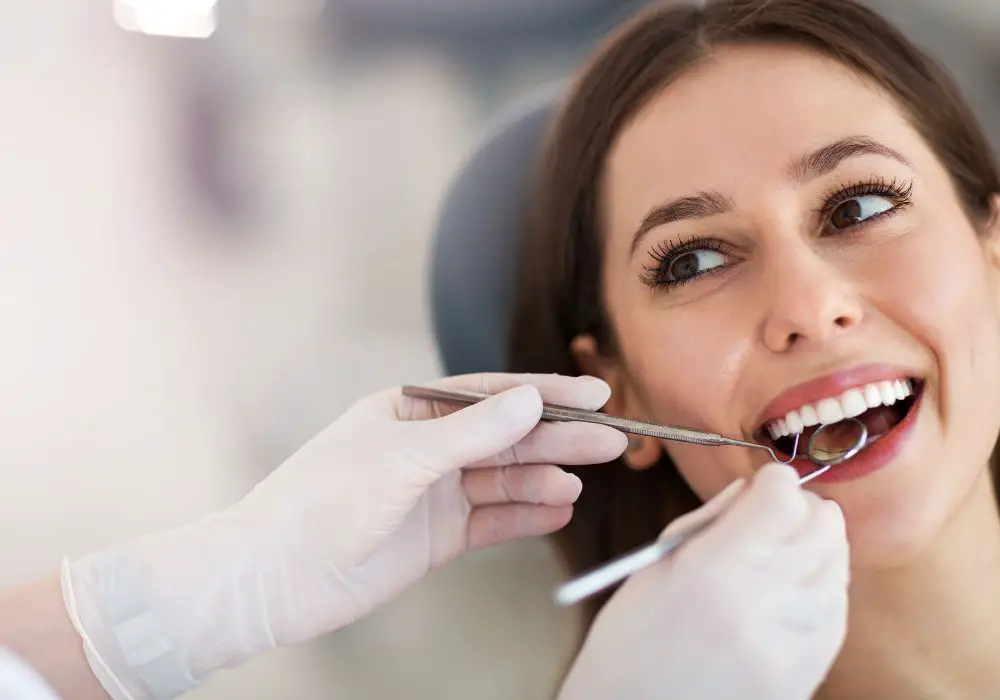
While quitting smoking is the best way to protect your oral health, there are still steps you can take to care for your teeth if you continue to smoke:
Brush and Floss More Frequently
Brush your teeth at least twice a day for two minutes each time. Be sure to brush your tongue, cheeks, and roof of your mouth to clear away bacteria. Floss once a day to remove plaque from between teeth and below the gumline.
Use an Antimicrobial Mouthwash
Mouthwashes with cetylpyridinium chloride or essential oils can kill germs that cause bad breath and gum disease. Using an antimicrobial mouthwash prevents bacteria from growing out of control when saliva flow is reduced.
Drink Plenty of Water
Stay well-hydrated by drinking water throughout the day. This will help compensate for your lowered saliva production. The additional water helps cleanse your mouth of food debris and bacteria.
Get Regular Dental Cleanings
See your dentist for professional cleanings every 3-4 months. More frequent cleanings can remove staining and hardened tartar that you can’t remove through daily brushing and flossing. Your dentist can also check for signs of oral cancer and periodontal disease.
Limit Alcohol and Caffeine Intake
Drinking alcohol and caffeine dries out your mouth further. Limit intake of coffee, tea, sodas, and alcoholic drinks. Drink water before and after consuming these beverages.
Use Moisturizing Mouthwash
Choose an alcohol-free mouthwash to help add moisture back into your mouth tissues. Dry mouth can increase tooth decay and gum problems. Mouthwash with xylitol may also help reduce cavity-causing bacteria.
Stop Tobacco Use Before Dental Work
If possible, stop using tobacco for at least 24-48 hours before and after any dental procedures. This includes tooth extractions, implants, root canals, periodontal surgery, etc. Continued smoking negatively affects healing.
Get an Antioxidant Supplement
Ask your dentist if taking an oral antioxidant supplement may help protect your gums. Some evidence suggests antioxidants like lycopene and Coenzyme Q10 may reduce gum inflammation and encourage healing. More studies are still needed.
See Your Dentist Frequently
Visit your dentist and dental hygienist every 3-4 months so they can monitor your oral health closely. Regular cleanings and exams are essential for catching problems early. Report any oral pain, sores, changes, or gum bleeding.
Are There Home Remedies to Whiten Teeth from Smoking Stains?

Smoking causes stubborn yellow-brown stains on your teeth that can be difficult to remove at home. But there are some natural teeth whitening remedies you can try:
- Baking Soda – Create a paste by mixing baking soda with a small amount of water and gently scrub your teeth with it. Avoid using baking soda more than 1-2 times per week as it can damage enamel over time.
- Hydrogen Peroxide – Mix equal parts hydrogen peroxide and water and swish it around your mouth for 1-2 minutes once a day. Be careful not to swallow the peroxide. Rinse thoroughly afterward.
- Strawberries – Crush fresh strawberries into a paste and brush your teeth with it, leaving it on for 2-3 minutes before rinsing. The malic acid in strawberries can help remove discoloration.
- Apple Cider Vinegar – Mix 2 tablespoons ACV with 6 ounces of water and swish it around your mouth for 30 seconds. The acetic acid may help whiten while killing bacteria. Rinse thoroughly afterward.
- Lemon Juice – Squeeze fresh lemon juice onto your toothbrush and brush normally, allowing the juice to sit on your teeth for 1 minute before rinsing. Repeat once or twice per week. The citric acid whitens gently.
- Coconut Oil Pulling – Swish a tablespoon of coconut oil in your mouth for 10-20 minutes then spit it out. This may help draw out stains over time while reducing bacteria.
However, stains from smoking can penetrate deep into enamel and be difficult to whiten at home. See your dentist for professional whitening if natural remedies aren’t giving you the results you want. Bleaching treatments in the dental office are most effective for smoking stains.
Should I get dental implants if I smoke?
Dental implants can restore your smile when you have missing teeth. But smoking affects the success rate of implants. Nicotine constricts blood vessels and can prevent your jawbone from healing properly. Smoking increases the risk of:
- Implant failure – Implants may not properly fuse to the bone due to reduced blood flow
- Gum disease – Bacteria can infect the tissue around the implant more easily
- Slow healing – It may take longer for your gums and bone to heal after implant placement
- Loss of bone – Smoking accelerates bone loss in the jaw, which can cause the implant to loosen
- Implant rejection – Your body may be less able to accept the titanium implant due to a weakened immune system
For the best results, it is strongly recommended to quit smoking before getting dental implants placed. At the very least, refrain from smoking 24-48 hours before and after your surgery for optimal healing. Let your dentist know if you smoke so they can monitor your implants more closely and have you come in more frequently for cleanings. With careful maintenance and good oral hygiene, dental implants can still be successfully placed in smokers. But your dentist will advise you of all the potential risks and challenges involved.
How does smoking affect dental crowns?
Smoking can negatively impact dental restorations like crowns in a few key ways:
- Discoloration – Crowns stained by nicotine and tar may need replacement sooner. The metal in crowns can react with chemicals in smoke, changing color.
- Bad Breath – Smoking worsens halitosis which can linger on the crown surface. More bacteria accumulate.
- Gum Disease – Gum recession around the crown from smoking can expose ugly cement and metallic margins.
- Loosening – Crowns can loosen prematurely due to impaired healing and bone loss caused by smoking.
- Fractures – Heat from smoking may expand and contract crowns repeatedly, causing cracks or fractures over time.
To prevent smoking-related damage, use good oral hygiene, see your dentist often, and consider quitting tobacco use. Avoid smoking for at least 48 hours after your crown is cemented for proper gum and bone healing. With careful habits, crowns can still function successfully for many years in smokers. But staying smoke-free provides the most benefit.
How does smoking affect dental fillings?
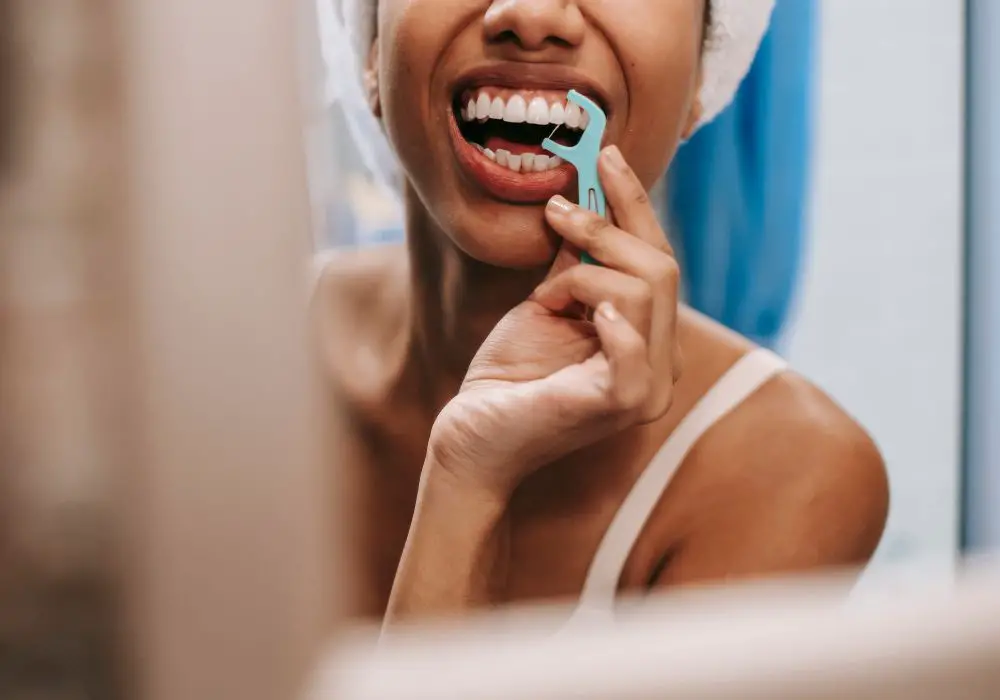
Smoking introduces heat and chemicals into your mouth that can begin breaking down dental fillings prematurely. Here’s how it impacts fillings:
- Amalgam fillings expand and contract with hot and cold. Smoking causes temperature swings that stresses the filling material.
- Composite resin fillings discolor faster when exposed to cigarette smoke. The tar and nicotine cause staining.
- The metal components in amalgam and gold fillings can corrode reactively in a smoker’s mouth.
- Bonding between a filling and tooth structure weakens over time in a smoker’s mouth, leading to gaps at the margins.
- Reduced blood flow and impaired healing make fillings more likely to fall out as gums recede from periodontal disease.
To help your fillings last longer:
- Avoid smoking for 48 hours after a filling is placed.
- Brush and floss carefully around fillings.
- Rinse with mouthwash to help neutralize acids and bacteria.
- Chew sugar-free gum to increase saliva flow if you do smoke.
- See your dentist regularly to catch problems early.
Quitting smoking allows much longer filling longevity. But with diligent oral hygiene, fillings can still last several years even with continued tobacco use.
5 Key Takeaways to Protect Your Teeth from Smoking
In summary, here are 5 essential tips to minimize smoking’s impact on your oral health:
- Brush and floss thoroughly twice a day.
- Drink plenty of water to stay hydrated and rinse away bacteria.
- Use mouthwash to kill germs and keep your breath fresh.
- Get dental cleanings every 3-4 months to remove stains and hardened tartar.
- See your dentist immediately if you notice any sores, swelling, or changes in your mouth.
Proper at-home care combined with frequent professional cleanings can help defend against the damaging effects of tobacco smoke on your teeth and gums. And avoiding cigarettes, cigars, pipes, and smokeless tobacco as much as possible will provide the greatest long-term benefits for your oral health.
Frequently Asked Questions
Does nicotine gum also stain teeth?
Nicotine gum can also contribute to tooth discoloration, especially with prolonged use. The nicotine causes surface stains while the sugar in some gums promotes cavity-causing bacteria. Chew sugar-free gum and rinse your mouth after to help prevent stains and tooth decay.
Should I use whitening toothpaste to remove smoking stains?
Whitening toothpastes may lighten smoking stains slightly, but are generally not strong enough to produce major changes in color. They are more effective for preventing, rather than removing, tobacco stains. Ask your dentist about professional in-office whitening for more dramatic brightening of yellowed, stained teeth.
How can I talk to friends or family about quitting smoking?
Raise the topic positively by expressing concern for their health and desire to support them. Share facts, not judgements, about smoking risks. Ask how they feel about quitting and offer to help them make a plan, whether through pharmacotherapy, counseling, nicotine replacement, an app, or other smoking cessation resources. Be encouraging and patient throughout the process.
How long after quitting smoking will my teeth be whiter?
You’ll begin to see some whitening results within a few weeks after quitting as surface stains fade. However, deeper internal stains may take a few months to improve. Long-term smokers often have lasting discoloration that requires professional whitening treatments to reverse. So the sooner you can stop smoking, the better for preventing permanent yellowing.
What foods help remineralize teeth damaged by smoking?
Foods high in calcium like milk, yogurt, and cheese can help redeposit lost minerals into weakened tooth enamel. Crunchy fruits and vegetables like apples, carrots, and broccoli also mechanically help scrub surface stains while providing vitamins and nutrients that aid remineralization. Drinking fluoridated water will also strengthen enamel.
Key Takeaway
Smoking harms your oral health in multiple ways, from yellowing your teeth to promoting gum disease and oral cancer. While quitting is ideal, you can take steps like brushing thoroughly and getting frequent dental cleanings to care for your teeth if you continue to smoke. Protect your smile by minimizing tobacco use and seeing your dentist regularly.


